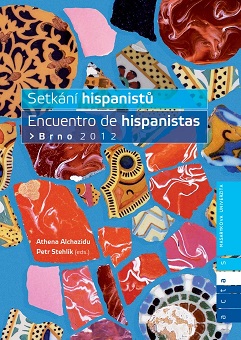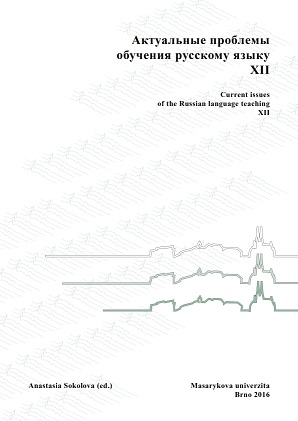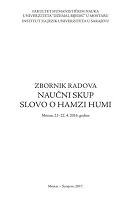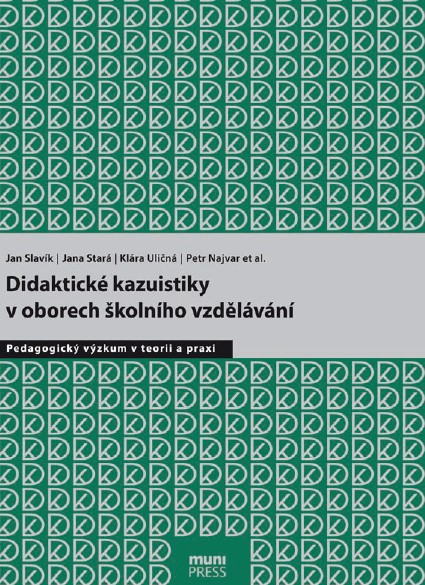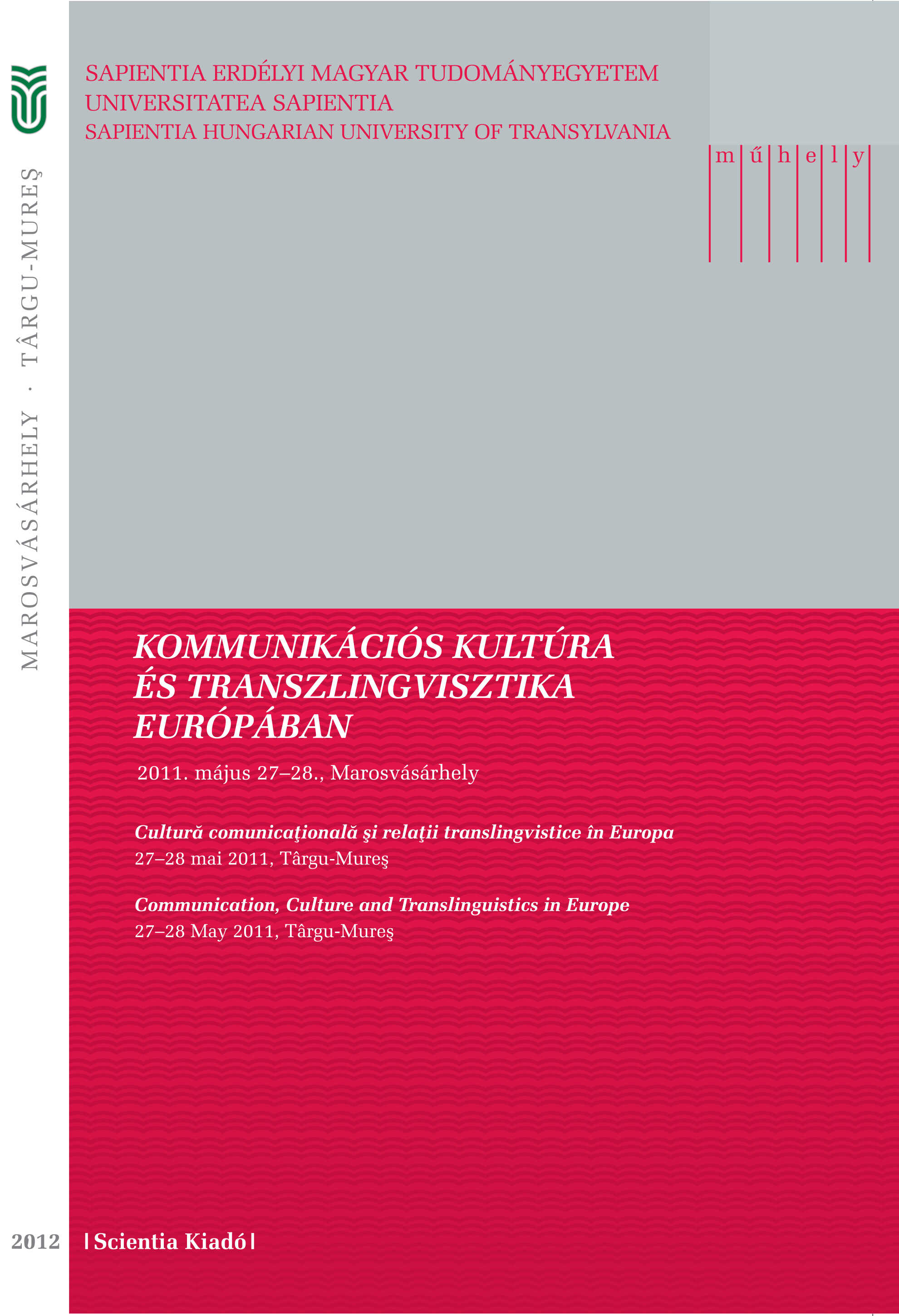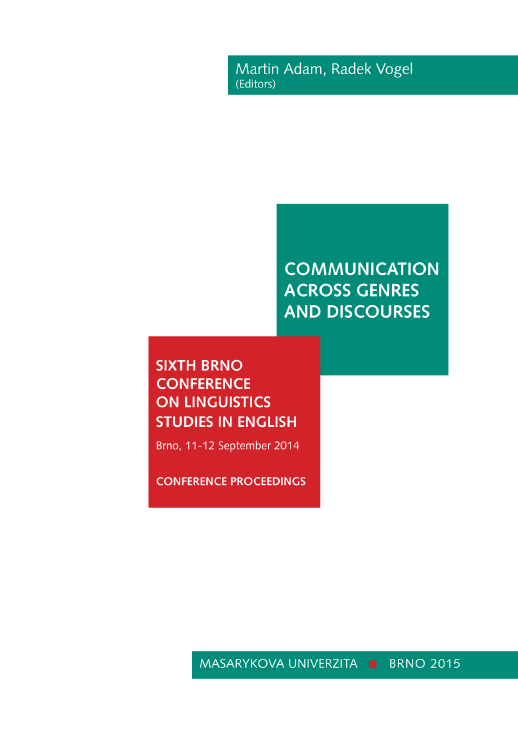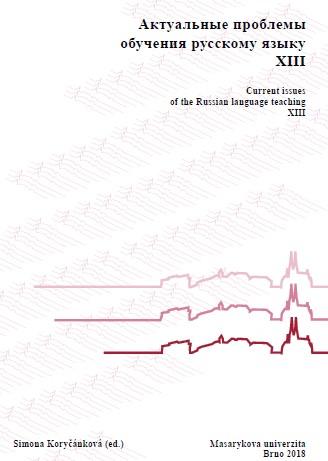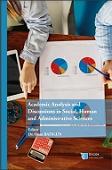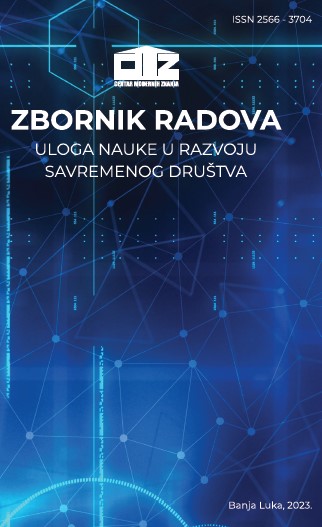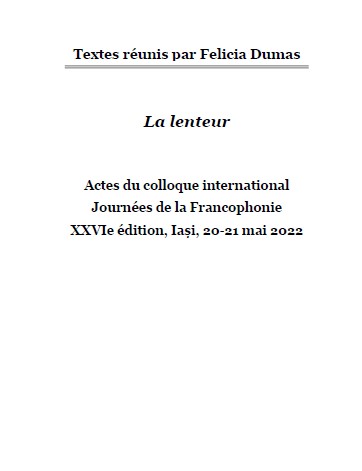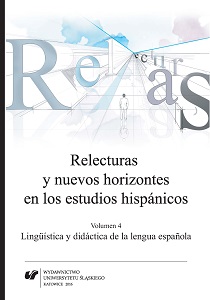
Análisis de metáforas en el lenguaje jurídico español
Everyone knows that legal language is substantial part of ordinary language. However, when reading legal text we have the impression that we are entering a different language reality. That is because the categories in the legal language, their functions and organization describe the reality in a different way. To illustrate this phenomenon we decided to focus on the importance of the concept of metaphor. The main objective of this work is to present and analyze the different roles played by spatial metaphors in legal language. From methodological guidelines of cognitive linguistics and discourse analysis, we examine the selected metaphors in legal language.
More...

